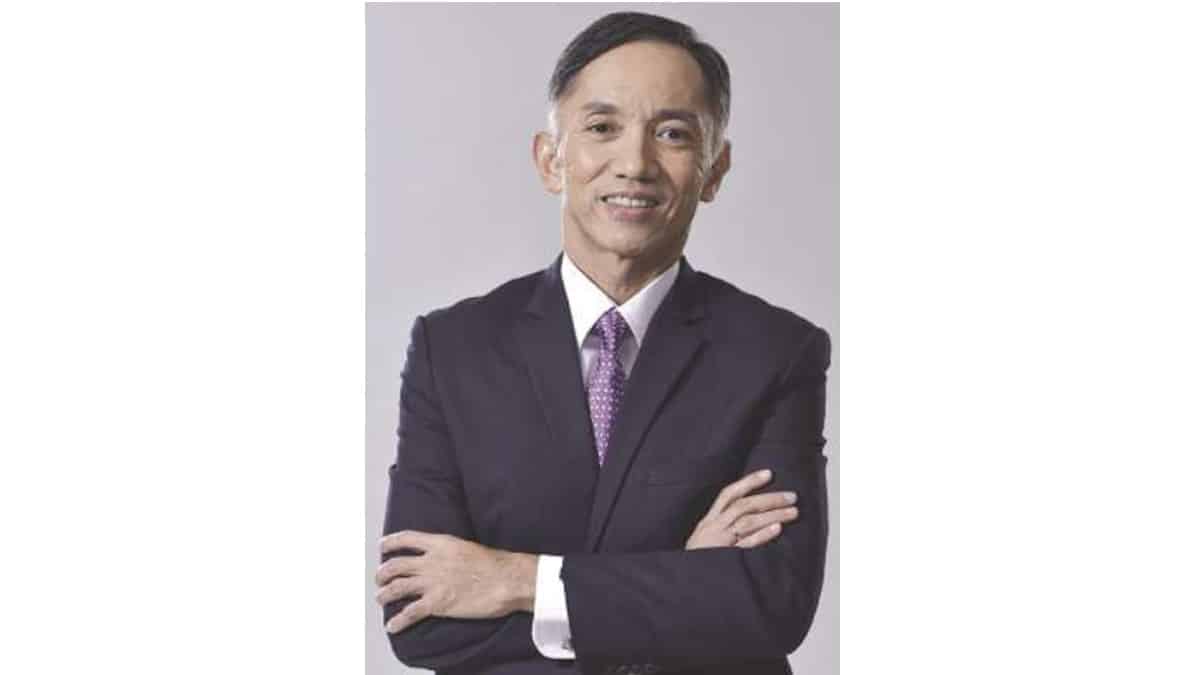The Initial Public Offering (IPO) landscape in the Philippines has been a mixed bag in recent years. Characterized by limited volume and liquidity, the local market has seen only a handful of IPOs. While smaller issue sizes remain prevalent, there are also notable big-ticket offerings that capture market attention.
Many larger potential IPOs have been postponed as issuers wait for a more favorable economic environment. Valuations have also remained significantly below historical levels, reflecting a cautious market sentiment.
This is according to BDO Capital, which plays a significant role in the Philippine IPO (Initial Public Offering) market. As the investment banking arm of BDO Unibank, one of the largest banks in the Philippines, it offers a wide range of financial services, including IPO underwriting, corporate finance advisory, and debt capital market services.
Compared to the local IPO market, other ASEAN countries have shown more promise and progress. Singapore, for instance, stands out with favorable conditions for IPOs, offering a variety of grants and incentives to attract companies to list on the Singapore Exchange (SGX). Programs like the Grant for Equity Market Singapore (GEMS) by the Monetary Authority of Singapore (MAS), which includes listing grants and research development support, provide a significant boost to companies considering going public.
BDO Capital President Eduardo V. Francisco said there is a growing sense of optimism among Philippine investors regarding IPOs despite current challenges. With the Bangko Sentral ng Pilipinas (BSP) cutting interest rates and the economy showing positive growth, investor sentiment has shifted towards a more optimistic outlook.
“The softening of interest rates plays a crucial role here—in a high-interest rate environment, investors typically prefer fixed-income instruments over equities. However, as rates begin to soften, equities, including IPOs, become more attractive to investors again,” Francisco said.
One of the most significant hurdles that Philippine companies face when preparing for an IPO is corporate housekeeping and reorganization. Transparency and accountability are non-negotiable for companies looking to go public, and ensuring that a company meets these standards can be a daunting task. This challenge is not unique to the Philippines. However, it is a critical factor that can delay IPO plans if not addressed early.
Looking ahead, Francisco sees several sectors in the Philippines that are poised to produce strong IPO candidates. The information technology (IT), utilities, infrastructure, energy, healthcare, tourism, and finance sectors are all seen as having good prospects for future IPOs. In particular, the renewables and green energy sector is expected to perform well, driven by a strong push from both the government and issuers towards a cleaner and greener environment.
“While there are no anticipated regulatory changes that could negatively impact the Philippine IPO market in the near term, the ongoing global economic environment remains a significant influence. High interest rates and geopolitical tensions have contributed to volatility in equity markets worldwide, including the Philippines,” Francisco said.
This global instability has deterred some foreign investors, who are concerned about the size and liquidity of the Philippine market. However, local investment houses, in collaboration with the Philippine Stock Exchange (PSE) and other agencies, are actively working to broaden and expand the market’s offerings to attract more investment.
As for upcoming IPOs, the Philippine market is expected to see more equity offerings in the form of preferred shares for the remainder of the year. Notably, Francisco expects SM Investments Corporation to reconsider their Real Estate Investment Trust (REIT) offering in 2025, with a potential volume of up to $1 billion, which could be a significant boost for the local market.
While the Philippine IPO market faces several challenges, BDO Capital also sees numerous opportunities for growth, especially in certain sectors and as economic conditions improve.
For companies considering going public, Francisco has this advice: “Prepare early and engage a good financial advisor and underwriter. These professionals can guide companies through the intricate process of going public, ensuring that they meet regulatory standards and are well-positioned to attract investors.”
